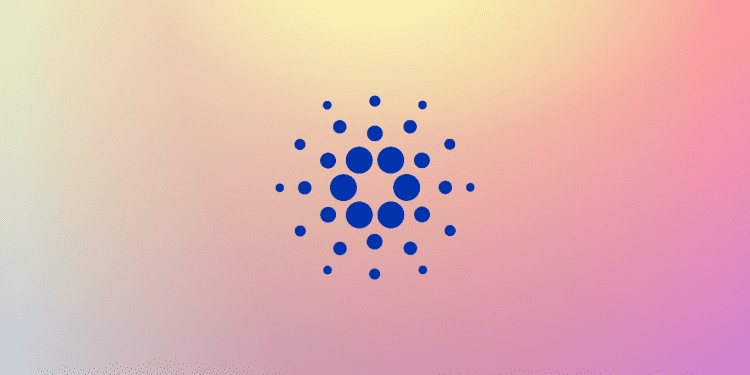- Cardano achieves a milestone by introducing the first Hydra node compatible with the mainnet, enhancing scalability and flexibility.
- The Hydra protocol, a collection of layer 2 protocols, enables faster and cheaper transactions on the Cardano blockchain.
- This development boosts Cardano’s competitiveness and attracts more developers and businesses to adopt the platform for various blockchain use cases.
Cardano, one of the most widely used blockchain platforms, has reached a significant milestone, known as “Hydra Head” on its mainnet, allowing for faster Cardano blockchain transactions.
On May 11, developer Sebastian Nagel took to Twitter to announce a historic milestone in his ongoing efforts to improve transaction processing capabilities for Cardano blockchain-based decentralized applications (dApps).
The advancement is an essential step toward increasing Cardano’s scalability and flexibility, a significant platform focus.
What is Hyrda Head?
Hydra, the parent company of Cardano, is a collection of layer two protocols that aim to improve the scalability of the blockchain, according to Input Output. The protocols enable faster and less expensive transactions, making the blockchain more adaptable to various use cases.
The first Hydra head was successfully activated on the Cardano mainnet earlier this month, indicating that the protocol is ready for use in the real world.
Various technical adjustments and improvements were required before it could be used with real-world transactions on the mainnet, including in the 0.10.0 version of the hydra-node.
The developers ensured the mainnet was compatible with their code and changed the API to accommodate customer requests.
Nagel confirmed the release of the Hydra node version 0.10.0 in a series of tweets, stating that several successful demos of Hydra heads on the Cardano mainnet were conducted during recent review sessions.
Even though the team has started working on the next release, 0.11.0, Nagel stated that they welcome user feedback on new ideas or additions that should be prioritized. The acquisition of the Hydra node significantly strengthens Cardano, which faces increasing competition from other blockchain platforms.
Cardano has earned a reputation as a promising blockchain platform for various use cases, including decentralized finance (DeFi) and non-fungible tokens (NFTs).
Cardano’s capabilities and competitiveness in these areas are expected to improve with the introduction of the Hydra node.
Conclusion
Because of the platform’s continued emphasis on scalability and flexibility, it has emerged as a promising option for businesses and developers looking to leverage blockchain technology for their needs.
Cardano is poised to expand its capabilities and compete more effectively with other blockchain platforms by introducing the Hydra node.














